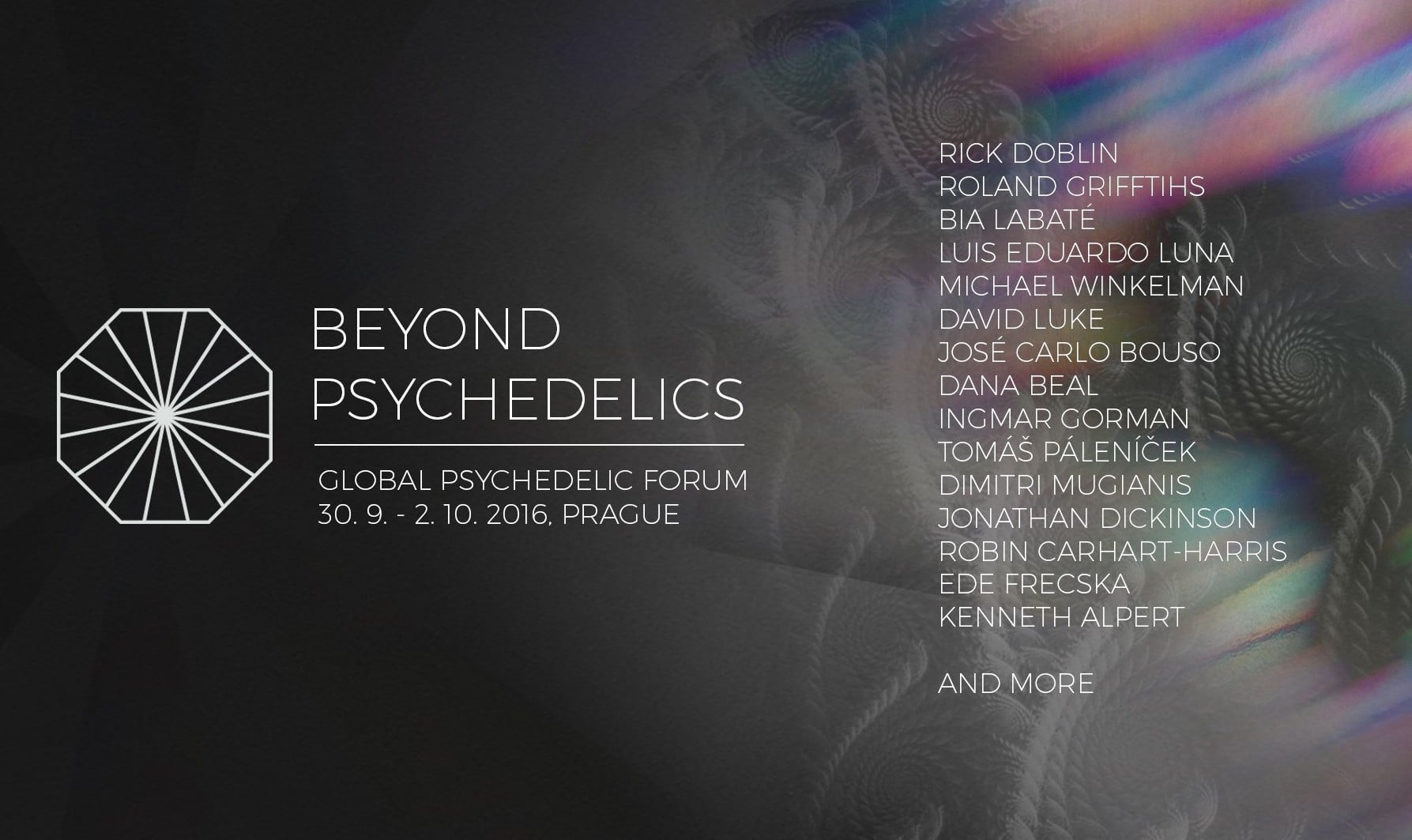
MDMA-assisted psychotherapy is helping veterans combat PTSD.
“I have worked with people who have been for years on major tranquilizers or major antipsychotics who, after one or two MDMA sessions, never had to take the ordinary standard pharmaceutical drugs again”
– Andrew Feldmár, a psychologist who is studying MDMA-assisted psychotherapy
Post Traumatic Stress Disorder, or PTSD, is an all-too-common issue with veterans who return home from war. The U.S. Department of Veterans Affairs estimates that between 10% and 20% of the young men and women who return from Iraq and Afghanistan are affected by this mental health condition that can cause sleeplessness, depression, jumpiness, anxiety, and, in the most severe cases, suicidalness. With an average of 22 U.S. veterans committing suicide every day, PTSD and caring for veterans’ mental health is a critically important issue.
Shortcomings of Traditional Treatment
Traditional treatment options for PTSD often include a combination of prescription medications and psychotherapy, but there are many shortcomings to these routes of treatment. Veterans are often not able to bond with their therapist in such a way that they can recount their most traumatic experiences of wartime. Many vets also feel a sense of aloneness back in the civilian world, surrounded by people who have no idea what it is like to have spent time in a war zone. The difficulty of relating to other people about their trauma and the regret and conflicting emotions surrounding their wartime experiences creates a paradigm of isolation, which makes the traditional therapeutic route much harder to progress in. Prescription drugs for PTSD also pose as much of a risk as they do a relief, as antipsychotics and other strong drugs that deal with PTSD symptoms can be dangerous and habit forming.
Ecstasy Rather Than Entropy
“If there is a silver bullet for curing PTSD, then this could be it.”
– Virgil Houston, combat veteran who no longer exhibits symptoms of PTSD after MDMA therapy
At the leading edge of PTSD research, scientists are studying how MDMA, commonly known as ‘ecstasy’ or ‘molly,’ can assist veterans and others who suffer from PTSD. On dance floors, MDMA became popularized as a drug that caused feelings of euphoria, a lessening of inhibition, and greatly enhanced bonding and empathy with others. Used in a clinical setting as a psychotherapeutic tool, MDMA is now quickly becoming known for catalyzing major breakthroughs for people with PTSD.
The normal barriers that many vets have around trusting others and the suppression of their traumatic experiences are largely dissolved by the drug’s effects, allowing them to feel safe and open up in ways that are normally impossible. Beyond that, the non-ordinary mental state that MDMA causes helps the individual to examine their own life, choices, and traumas in an entirely new light, allowing them to recontextualize their difficult experiences in new ways and make great strides in coming to peace with them.
A Proven Therapeutic Tool
The results of clinical trials that have studied MDMA-assisted psychotherapy for PTSD are impressive to say the least. In a 2010 study, 83% of the patients reported being completely cured of their PTSD after MDMA-assisted therapy, contrasted with only 25% who were cured with psychotherapy alone. Follow up studies years later also confirmed that the vast majority of those who reported being cured were still symptom-free.
While MDMA can be dangerous if used irresponsibly, science is showing that it has immense healing powers for PTSD sufferers when used in the proper therapeutic context. With the mental health of our veterans in crisis, it is more important than ever to advocate for further trials and widespread adoption of MDMA therapy for those appropriate candidates who need it the most.










Great article.
Excellent article…